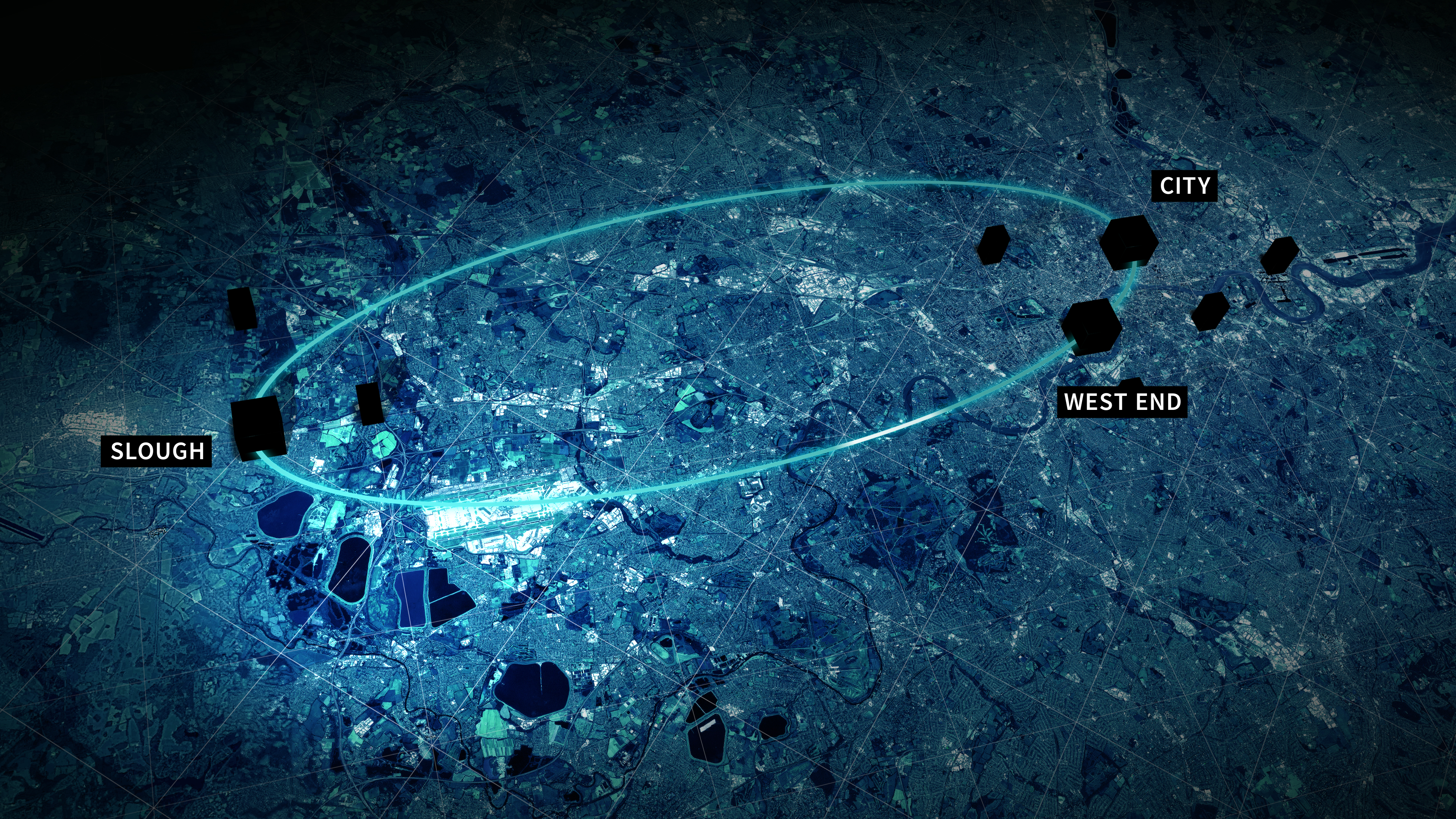BT and Toshiba address QKD concerns with new trial
The National Cyber Security Centre (NCSC) previously raised concerns of potential attacks


BT and Toshiba have officially launched the trial of their quantum-secured metro network which will protect the transmission of valuable data between multiple physical locations around London using quantum key distribution (QKD).
Although QKD offers “unhackable” encryption that is powerful enough to protect organisations from the rising threat of quantum cyber attacks, it’s still susceptible to man-in-the-middle (MITM) attacks, in which an exchange between two computer systems is breached by a third party.
However, Andrew Shields, head of the Quantum Technology Division at Toshiba told IT Pro that BT and Toshiba’s network is protected from man-in-the-middle attacks through quantum-safe conventional cryptography authentication:
“When the other side receives a communication, they have to know where it's coming from and that hasn't been changed in transit and we use conventional cryptography to do that authentication,” said Shields.
The cryptography is quantum-safe, meaning that it “can’t be broken by a quantum computer”, he added.
BT's managing director for applied research Tim Whitley told IT Pro that BT had been in touch with the National Cyber Security Centre (NCSC), which previously raised the concerns of potential man-in-the-middle attacks.
“They're fully aware of what we're doing in this trial and I think they’re actually very supportive of the research,” he said. The NCSC wasn’t immediately available to comment.
Get the ITPro daily newsletter
Sign up today and you will receive a free copy of our Future Focus 2025 report - the leading guidance on AI, cybersecurity and other IT challenges as per 700+ senior executives
RELATED RESOURCE

First announced in October 2021 and scheduled to last for three years, the trail follows a smaller-scale experiment successfully conducted last year at BT’s research and engineering campus in Adastral Park, Ipswich, where researchers used a six-metre-long hollow, air-filled cable.
This time around, the fibre ring connecting the three BT core nodes has a total length of approximately 76 km, stretching from Slough to London’s West End and City, with a trial catchment area of 20km in radial distance.
Commenting on the official launch, Minister for Science, Research and Innovation George Freeman said that the trial “represents significant progress towards achieving our ambition to make the UK a quantum-enabled economy”.
“This is the kind of innovation that helps cement the UK as a global innovation economy in the vanguard of discovering, developing and commercially adopting transformational technology with real societal benefits," he added.
Having only graduated from City University in 2019, Sabina has already demonstrated her abilities as a keen writer and effective journalist. Currently a content writer for Drapers, Sabina spent a number of years writing for ITPro, specialising in networking and telecommunications, as well as charting the efforts of technology companies to improve their inclusion and diversity strategies, a topic close to her heart.
Sabina has also held a number of editorial roles at Harper's Bazaar, Cube Collective, and HighClouds.
-
 AI is helping bad bots take over the internet
AI is helping bad bots take over the internetNews Automated bot traffic has surpassed human activity for the first time in a decade, according to Imperva
By Bobby Hellard
-
 Two years on from its Series B round, Hack the Box is targeting further growth
Two years on from its Series B round, Hack the Box is targeting further growthNews Hack the Box has grown significantly in the last two years, and it shows no signs of slowing down
By Ross Kelly
-
 Get started on post-quantum encryption, organizations warned
Get started on post-quantum encryption, organizations warnedNews The UK's national cybersecurity agency is urging companies to begin preparing themselves for quantum threats by 2035.
By Emma Woollacott
-
 NIST aims to quantum-proof encryption with new algorithms
NIST aims to quantum-proof encryption with new algorithmsNews Three algorithms are now in draft and more are on the way to bolster enterprise defenses
By Richard Speed
-
 C-suites consider quantum a serious threat and "amazing" deepfake attacks are just 'months away'
C-suites consider quantum a serious threat and "amazing" deepfake attacks are just 'months away'News Deepfake technology has matured at a rapid rate, and video scams are likely to be a on par with the more convincing voice-only campaigns very soon, one expert says
By Rory Bathgate
-
 GSMA partners with IBM, Vodafone on Post-Quantum Telco Network Taskforce
GSMA partners with IBM, Vodafone on Post-Quantum Telco Network TaskforceNews The three organisations will work together to create a roadmap to implement quantum-safe networking
By Daniel Todd
-
 How quantum computing could change cyber security
How quantum computing could change cyber securitySponsored The huge leap in computing performance from quantum computing poses a threat to traditional security, but there are steps you can take to guard against the quantum future
By IT Pro
-
 US unveils next-gen encryption tools to withstand quantum computing attacks
US unveils next-gen encryption tools to withstand quantum computing attacksNews The National Institute of Standards and Technology (NIST) hopes to offer a variety of tools for quantum-proof encryption
By Zach Marzouk
-
 AWS launches quantum random number generator
AWS launches quantum random number generatorNews The cloud giant is using an Australian university’s technology to help customers access random numbers for experiments through an API
By Zach Marzouk
-
 Quantum security: The end of security as we know it?
Quantum security: The end of security as we know it?In-depth It’s a core component of the developing DARQ technologies, but if a quantum computer performs as expected it could wreak havoc on cyber security
By David Howell